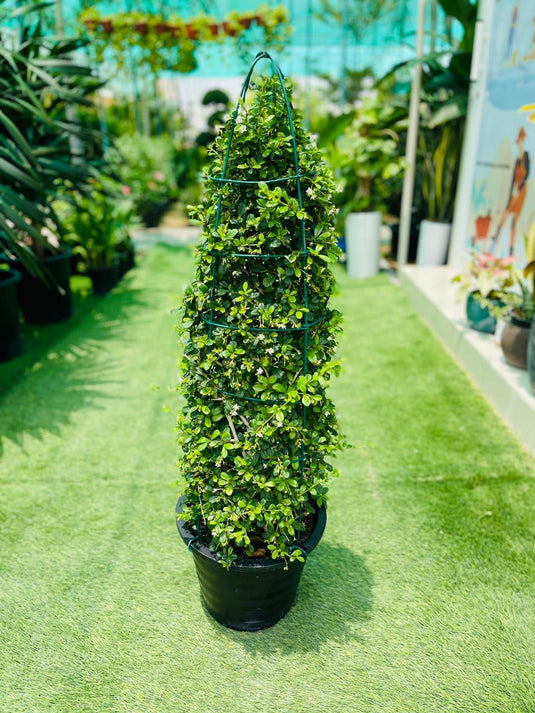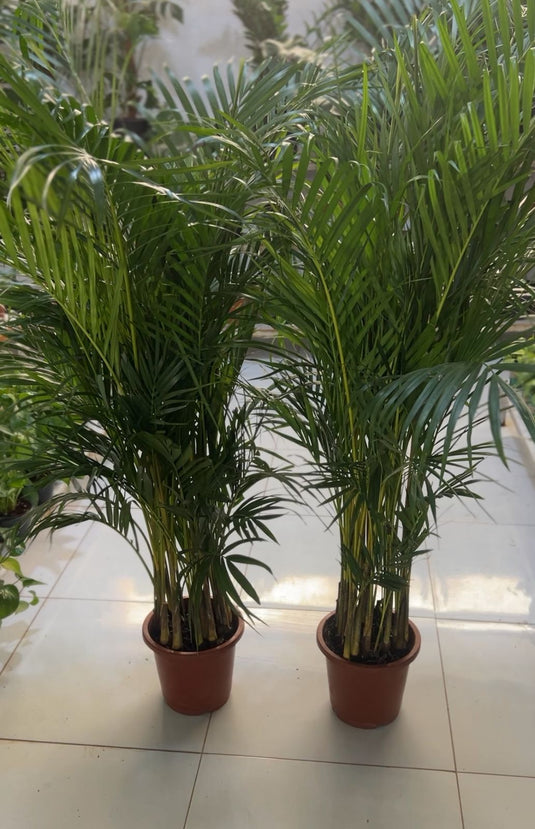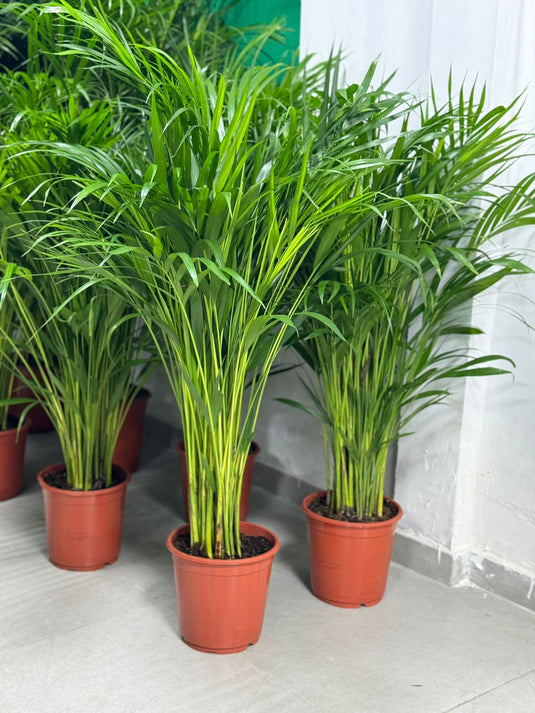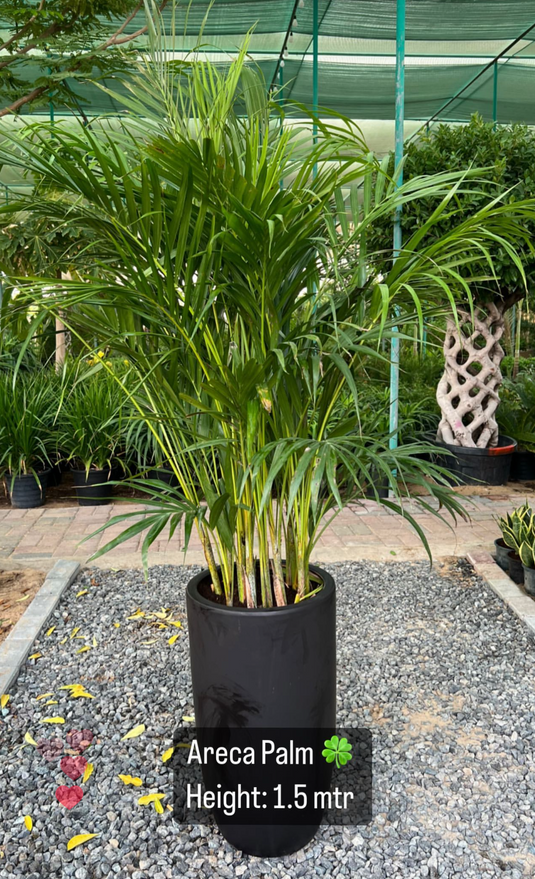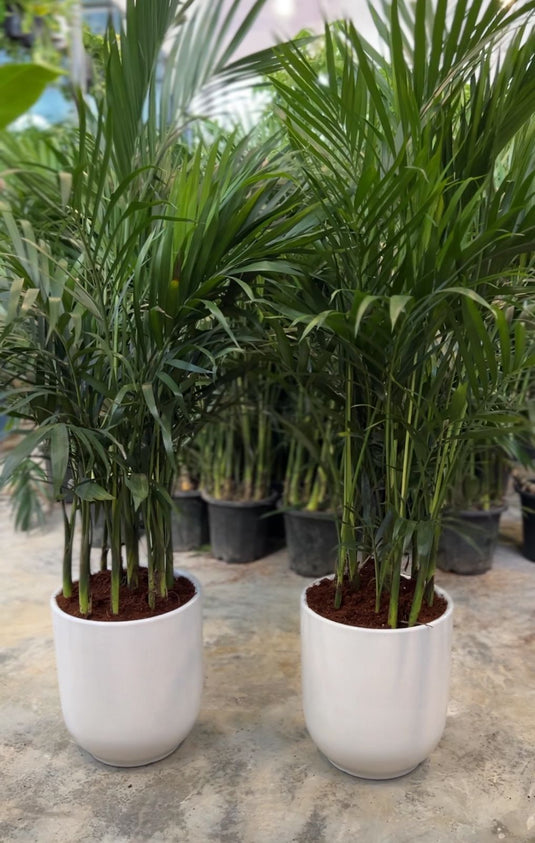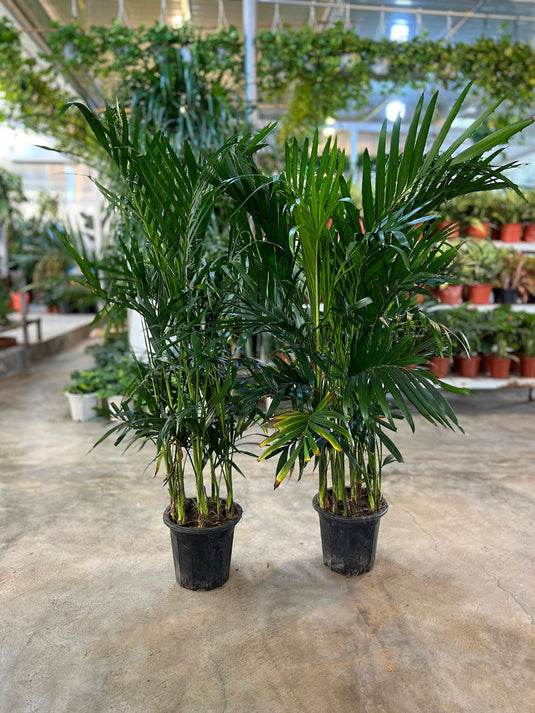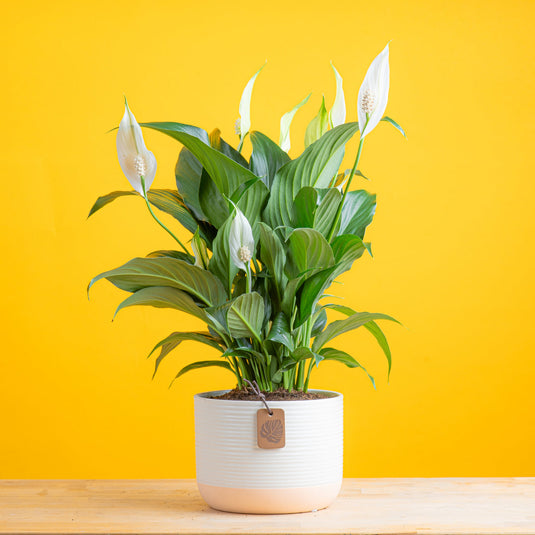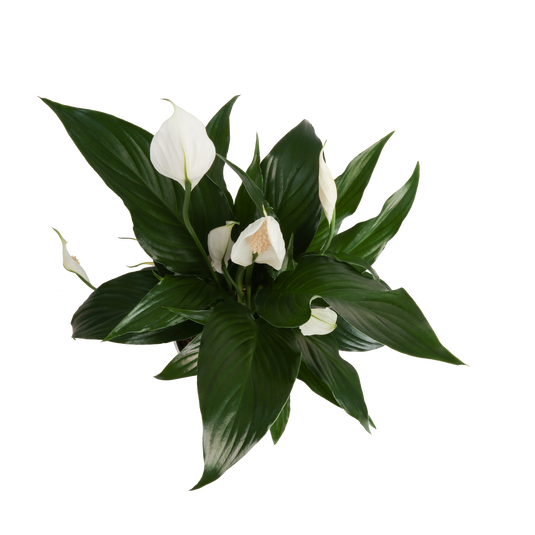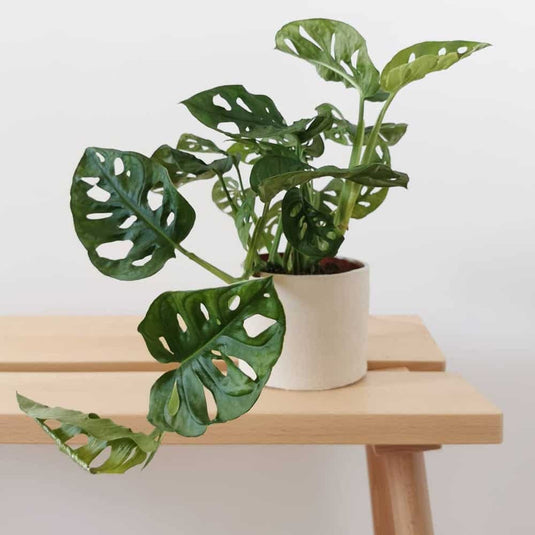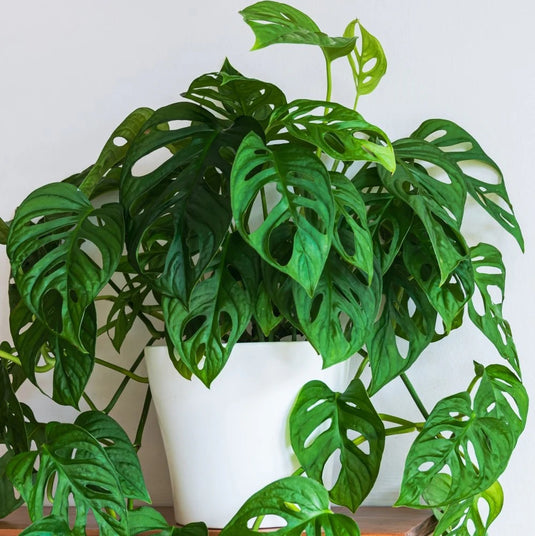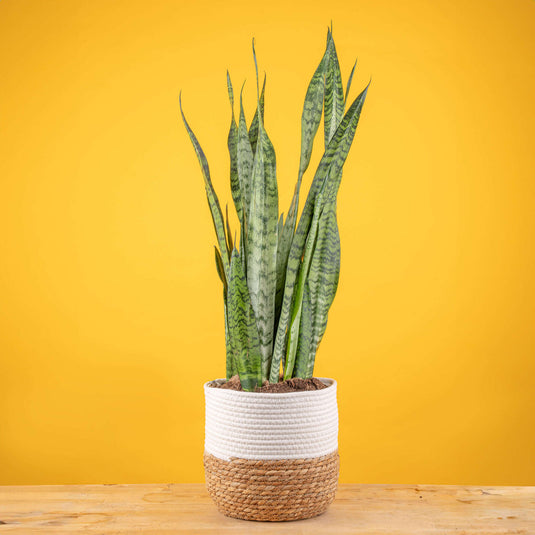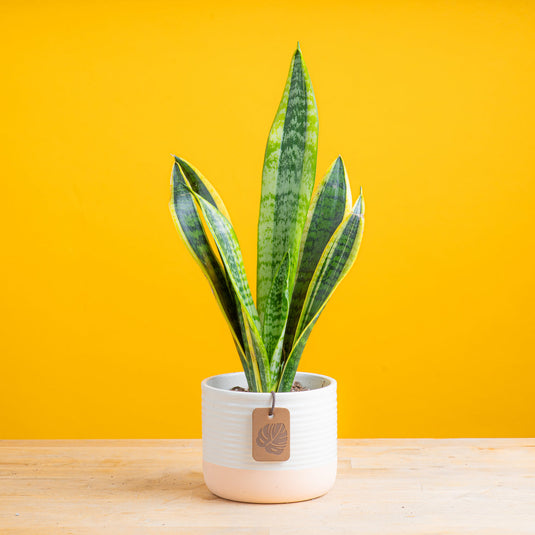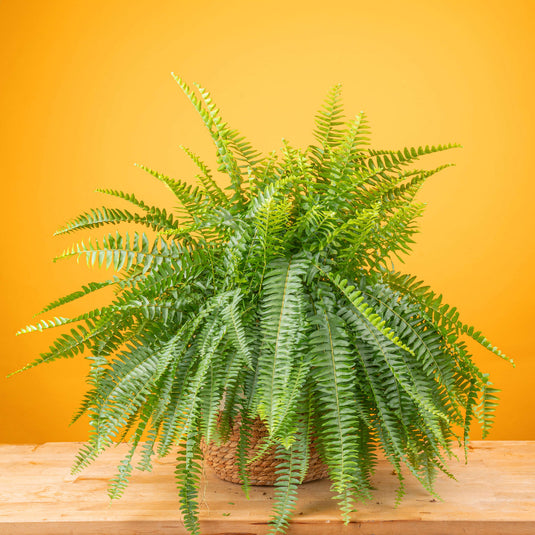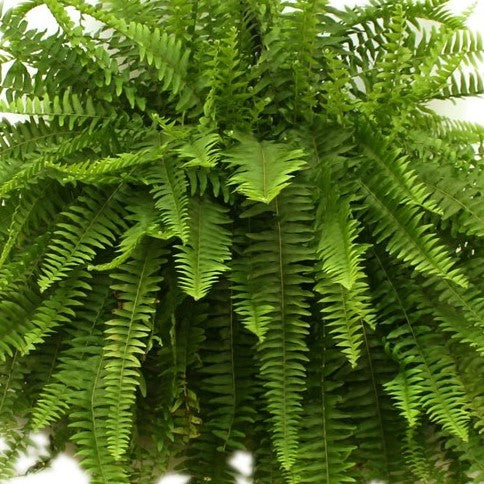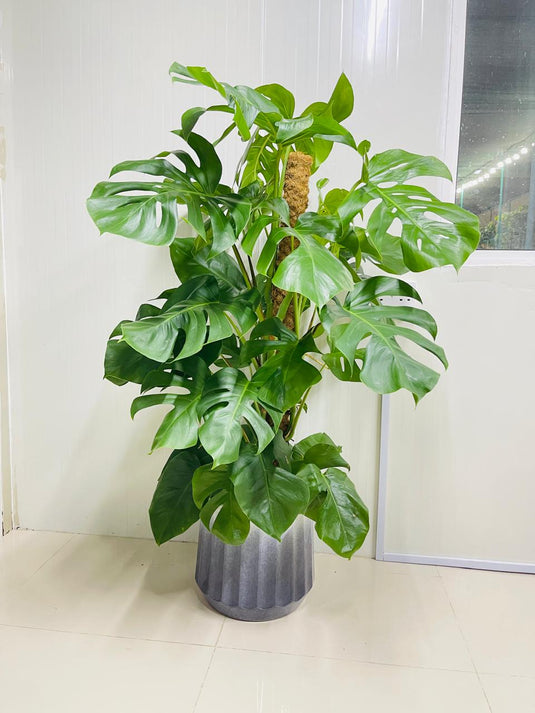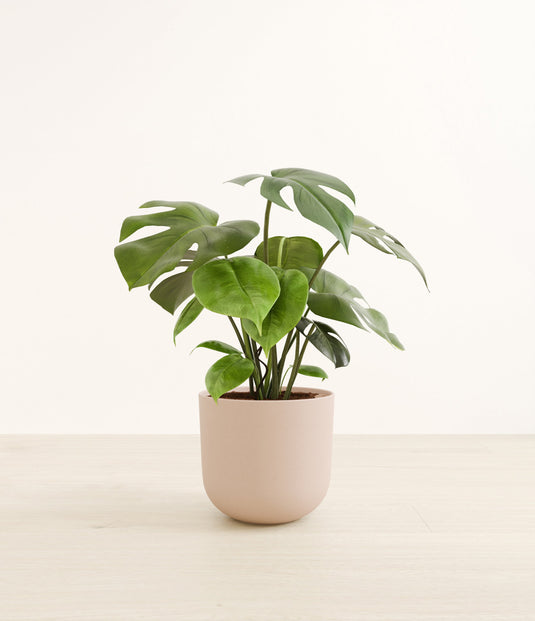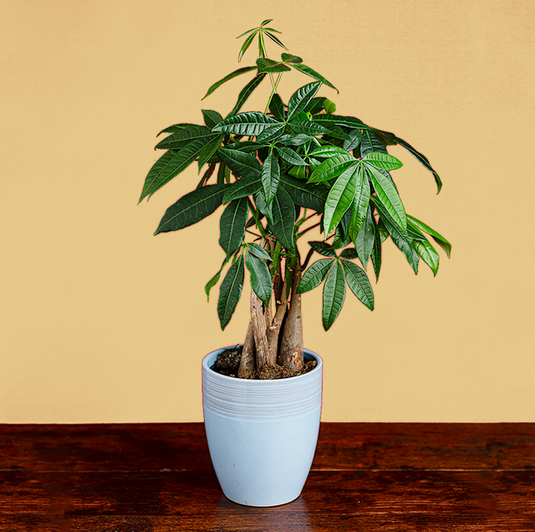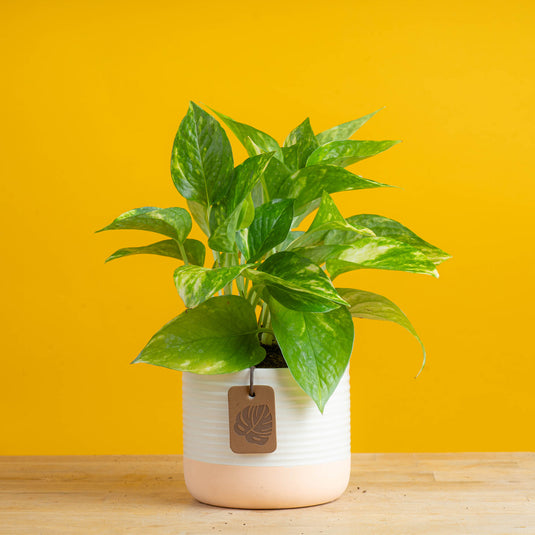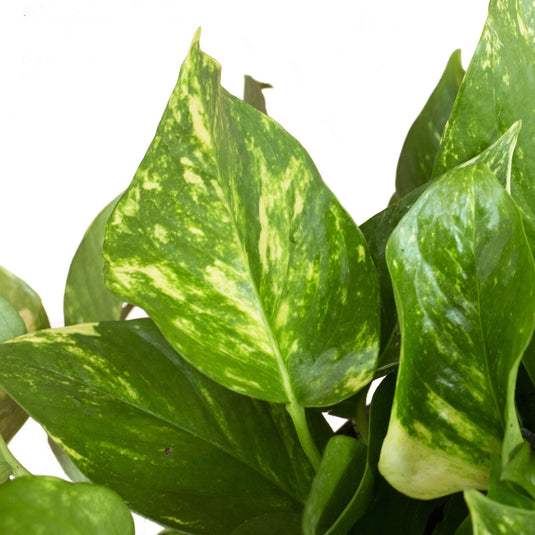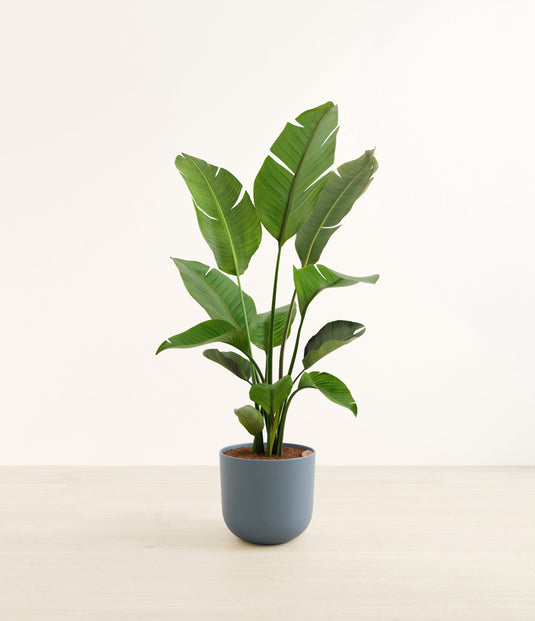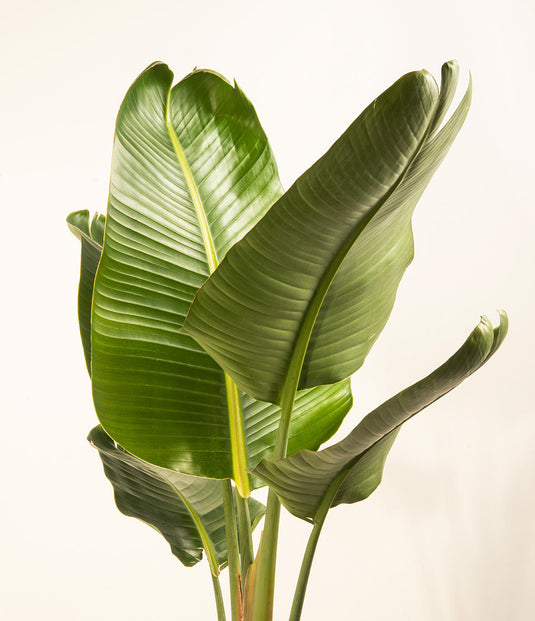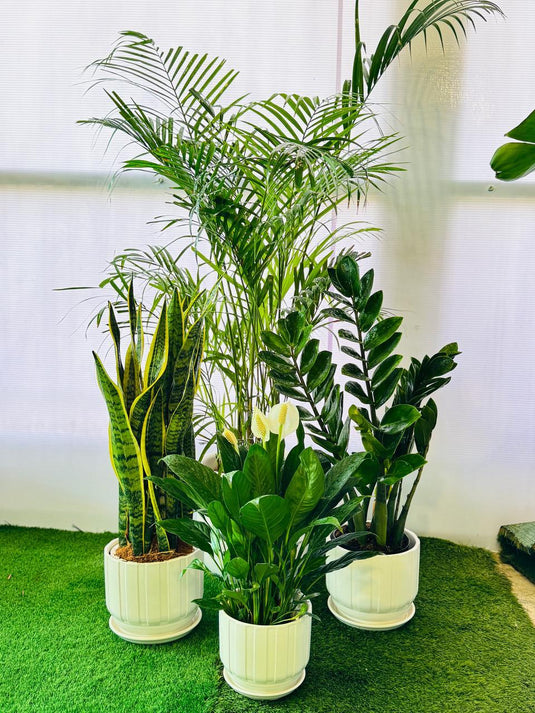Ehretia Cone
- Healthy Arrival Guarantee
- Free Plant Care Consultation
- Safe & Secure Payment

We will send you a notification as soon as this product is available again.
-
Estimated delivery: Feb 10 - Feb 14
-
Free return within 7 days of purchase.
Plant Description
The Ehretia Cone, commonly known as the Ehretia species, is a type of flowering plant. The global horticultural market is expected to reach approximately $230 billion by 2030.
Ehretia Cone Brings 5 Health Benefits to Your Space
1. Ornamental Value
Ehretia Cone is prized for its beautiful foliage and flowers, making it a popular choice in landscaping. Research indicates that visually appealing plants enhance property values and attract potential buyers (Yao et al., 2020).
2. Erosion Control
The root system of the Ehretia Cone helps stabilize soil, which is crucial in preventing soil erosion. Studies have shown that deep-rooted plants significantly reduce soil loss in vulnerable areas (Frye & Ziegler, 2009).
3. Habitat for Wildlife
This plant provides habitat and food for various bird and insect species. A study found that diverse plant species, including Ehretia Cone, support higher biodiversity in urban and rural landscapes (Buchanan et al., 2017).
4. Air Quality Improvement
Ehretia Cone contributes to improved air quality by absorbing carbon dioxide and releasing oxygen. Studies highlight that urban greenery, including ornamental plants, plays a vital role in mitigating air pollution (Tzoulas et al., 2007).
5. Drought Resistance
Ehretia Cone exhibits drought-resistant properties, making it suitable for arid climates. Research suggests that selecting drought-tolerant plants can lead to lower water usage in landscaping (Boyer, 2020).
Disadvantages
· While its flowering period may be limited, this encourages gardeners to plan for seasonal variety in their gardens.
· Although it may grow larger than some garden plants, this feature can provide privacy and shade, enhancing garden functionality.
· While it requires occasional pruning, this aspect promotes engagement with plant care, fostering gardening skills.
· While it may occasionally attract pests, this characteristic encourages the use of integrated pest management strategies to maintain plant health.
Frequently Asked Questions
1. Is Ehretia Cone visually appealing?
Yes, the Ehretia Cone is known for its attractive foliage and flowers, enhancing the beauty of gardens and landscapes.
2. Does it help control soil erosion?
Yes, its root system is effective in stabilizing soil and preventing erosion, making it beneficial for various landscapes.
3. Can it support local wildlife?
Yes, it provides habitat and food for birds and insects, contributing to higher biodiversity in garden ecosystems.
4. Is it good for air quality?
Yes, the plant improves air quality by absorbing carbon dioxide and releasing oxygen, benefiting urban environments.
5. Is it drought-resistant?
Yes, the Ehretia Cone is drought-resistant, making it suitable for regions with limited water resources.
Final Verdict: Should I Buy Ehretia Cone?
Yes, this plant enhances the beauty of any landscape while contributing positively to the ecosystem.
Plant Care
Watering
Water your plant once a week or when the soil starts to feel slightly dry on the surface. Keep the soil consistently moist, but be careful not to overwater, as this can cause brown spots and leaf drop. If the leaves become curly or dry, it's a sign that the plant needs water. It's best to water your plant in the early morning or late evening when the temperatures are cooler. Always check the soil before watering.
Light
Provide bright indoor light or indirect sunlight for about 6 to 8 hours a day.
Temperature
Maintain temperatures between 18°C and 24°C. Avoid exposing the plant to drafts, as these can cause undesirable temperature fluctuations. Mist the plant occasionally, about twice a week, to help maintain optimal humidity levels.
Fertilizer
Apply liquid fertiliser every 15 days when the plant is actively growing. For best results, use Folikraft ready-to-use Indoor Plant Food.
What Our Clients Say About Us
As a House se Manager in prestigious property in Dubai HILLS ESTATE, I would Highly recommended My Plants - Landscaping Services. All the team were amazing and hardworking. They are expert that achieved coordination and best feedback results to any projects that my Client wish and job order done. Appreciated. Thank you.
I ordered a 2m bird of paradise on their website with a pot. The price was much more reasonable than elsewhere, so I gave it a try. Ordered at 9pm on a Thursday night, delivered at 3pm the next day. The plant arrived bigger than I expected, replanted in its pot with brand new potting soil, incredible! The black pot is a perfect match for my home and really looks high-quality. Thanks again!
Good plants, they came over to my place to pot them and clean them, prices are good also, thank you Kashif for improving my experience and your top customer service.
